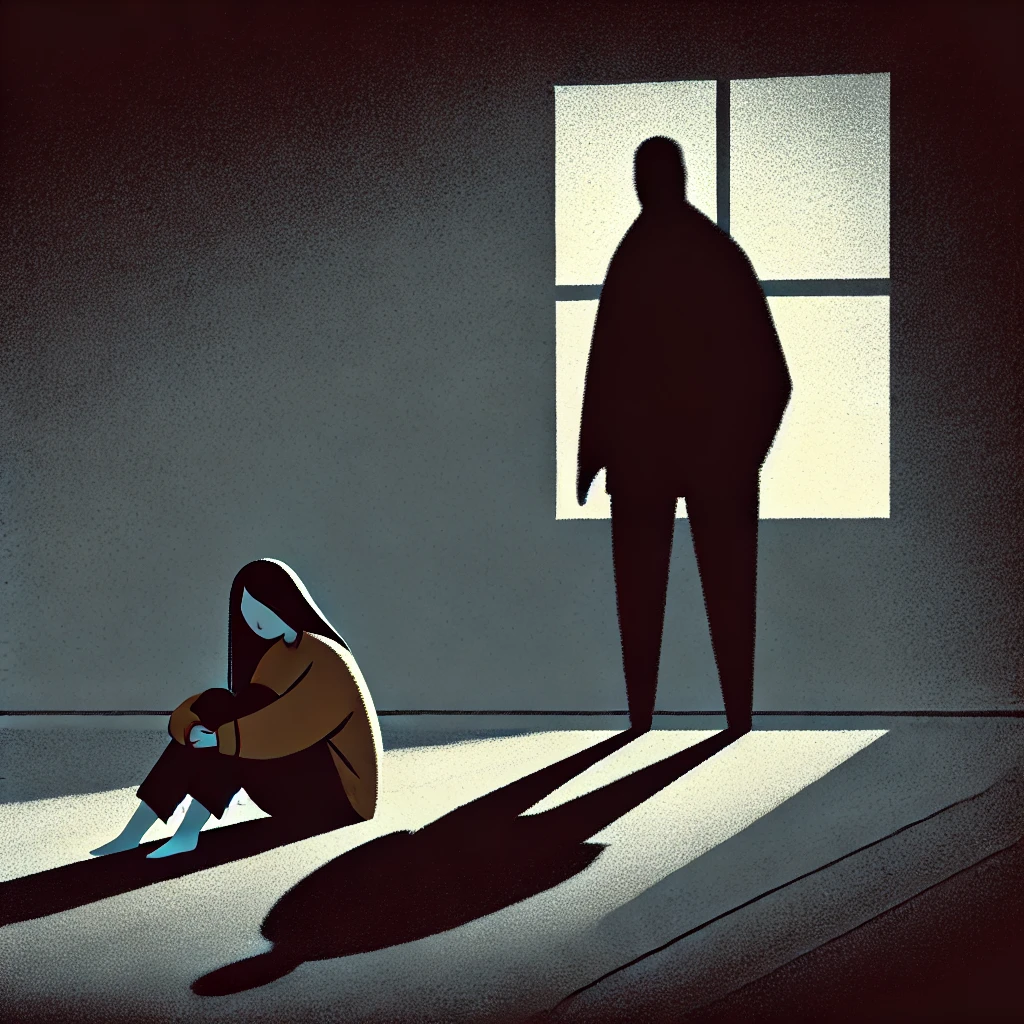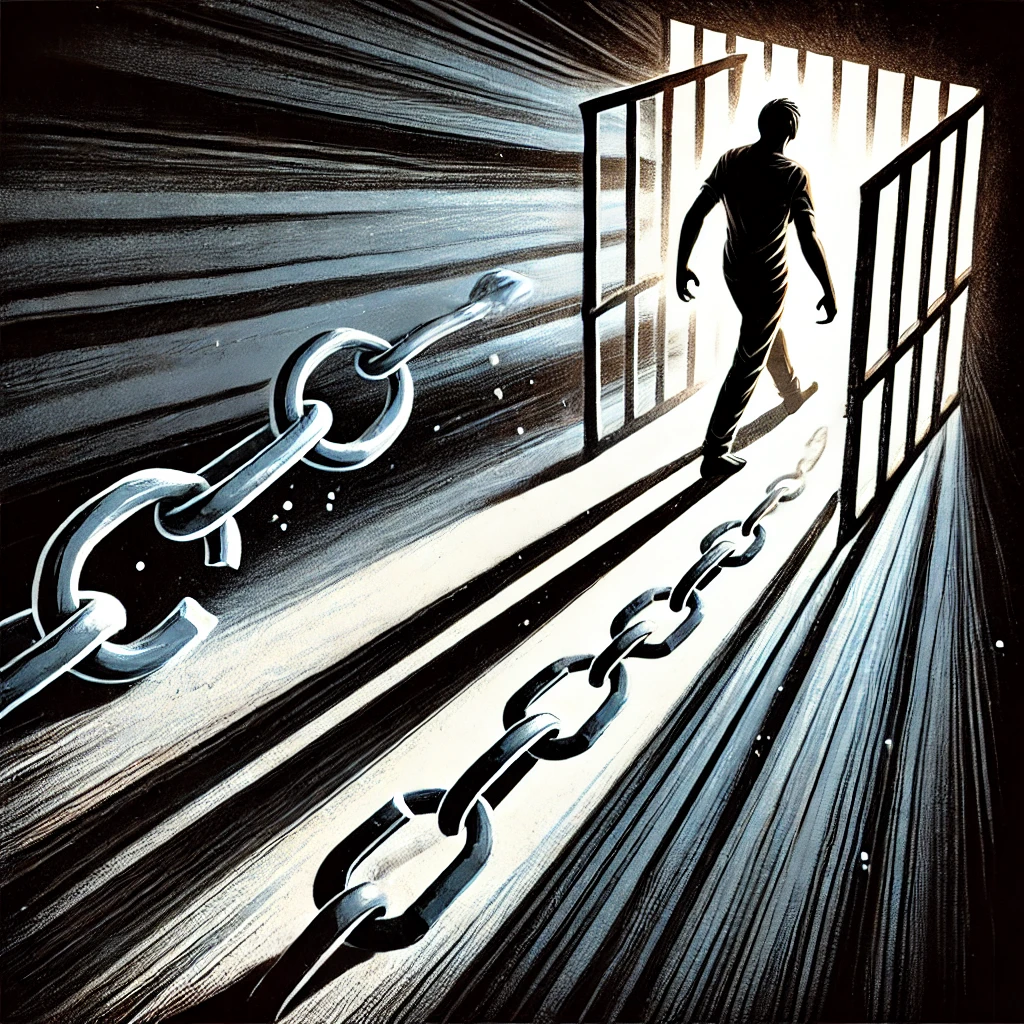Abusive relationships don’t start with someone throwing punches or screaming threats. More often than not, they start with love bombing—constant affection, attention, and promises that feel too good to be true. And then, little by little, things change. It’s time we all take a stand against abusive relationships.

Maybe your partner starts making comments about your friends being a bad influence. Suddenly, you’re spending less time with them. They get annoyed when you don’t text back fast enough. A harmless disagreement turns into them saying “Why do you always make me do this?” after they explode in anger. And somehow, you’re the one apologizing.
This is how it happens. Subtle at first, then suffocating. The scariest part? You don’t always realize it’s abuse until you’re deep in it. That’s why it’s so important to Stand Against Abusive Relationships by recognizing the warning signs—whether for yourself or someone you care about.
Stand Against Abusive Relationships That Use Power and Control
1. Isolation: Cutting Off Your Support System
A friend of mine started dating someone who was so in love with her—so much that he hated when she was around anyone else. First, he made her feel guilty for spending time with us. Then, he’d pick fights before she went out, so it wasn’t worth the stress. Eventually, she just stopped making plans.
Abusers want you alone because it makes you easier to control. They’ll do this by:
- Convincing you that your friends don’t really care about you
- Making you feel like you’re “too much” or “a burden” when you reach out
- Sabotaging relationships by spreading lies or creating drama
If your partner is constantly making it harder for you to maintain friendships and family relationships, that’s not love—it’s control.
2. Jealousy Disguised as “Caring”
There’s a huge difference between a normal level of jealousy and an abusive one. A healthy partner might feel insecure sometimes, but an abuser will accuse, blame, and punish.
Ever had a partner who needed to know exactly where you were at all times? Or one who checked your phone, grilled you about your coworkers, or accused you of “leading people on” just for existing? That’s not love—that’s possessiveness.
3. Gaslighting and Emotional Manipulation
Gaslighting is a favorite tool of abusers because it makes you question your own reality. It makes it hard to stand against abusive relationships. They’ll say:
- “You’re too sensitive.”
- “That never happened.”
- “You’re remembering it wrong.”
- “You always make me the bad guy.”
The goal? To make you feel like you’re the problem so you stop standing up for yourself.
I’ve seen this play out firsthand in a former relationship. After a fight, I’d replay it in my head, wondering if I really was the difficult one. Spoiler: I wasn’t. If someone makes you doubt your own memories and emotions, that’s manipulation—plain and simple.
Financial Control: The Hidden Form of Abuse
Money is one of the most effective ways to trap someone in a toxic relationship. Economic abuse isn’t talked about enough, but it’s a major reason people feel like they can’t leave. It’s hard to stand against abusive relationships when you feel trapped.
Here’s how it happens:
- Your partner pressures you to quit your job so they can “take care of you.”
- They control the finances and make you ask for money like a child.
- They rack up debt in your name or sabotage your ability to work.
Lawyer Inna Tsinman, who specializes in cases of economic coercion, says this type of abuse is especially dangerous because victims often don’t recognize it until it’s too late. In some cases, abusers will manipulate their partner into financial dependence before the abuse escalates.
This was a huge issue in a recent University of British Columbia case where a former student pushed for a ban on student-professor relationships. The power imbalance meant women were often financially and professionally trapped—afraid to speak up because it could cost them their degree, career, or reputation.
If you’re feeling stuck because of money, know that help exists. Financial abuse is real abuse, and some organizations can help victims regain financial independence.

How to Stand Against Abusive Relationships
If any of this sounds familiar—either in your own life or someone else’s—it’s time to take action. Here’s how:
- Educate yourself on the signs. Love should never feel like walking on eggshells. Learn about abuse so you can recognize it before it escalates.
- Support survivors without judgment. Instead of saying “Why don’t you just leave?” ask “How can I support you?” Leaving an abusive relationship is incredibly difficult—victims need resources, not guilt.
- Speak up when you see controlling behavior. If a friend’s partner is isolating them, making cruel jokes, or controlling their finances, don’t ignore it. Even small conversations can plant the seed that what they’re experiencing isn’t normal.
- Push for better policies. Universities, workplaces, and governments need to do better. Banning faculty-student relationships is a step in the right direction, but we need broader protections against economic coercion and financial abuse.
- Help break the cycle. If you grew up in an abusive household, you might think certain behaviors are normal. They’re not. Therapy, self-reflection, and education can help you unlearn toxic relationship dynamics.
You Deserve a Healthy, Safe Relationship (Stand Against Abusive Relationships)
Abuse thrives in silence. The more we talk about it, the harder it is for abusers to keep their power. If you or someone you know is struggling, reach out to organizations like the National Domestic Violence Hotline (1-800-799-7233) or local shelters and legal aid services.
You are not alone. You are not overreacting. And you do not have to stay.
Let’s Stand Against Abusive Relationships—together.
Author: Jordan Calloway
Bio: Jordan Calloway is a relationship psychology writer and domestic abuse awareness advocate with a background in social work and crisis intervention.

